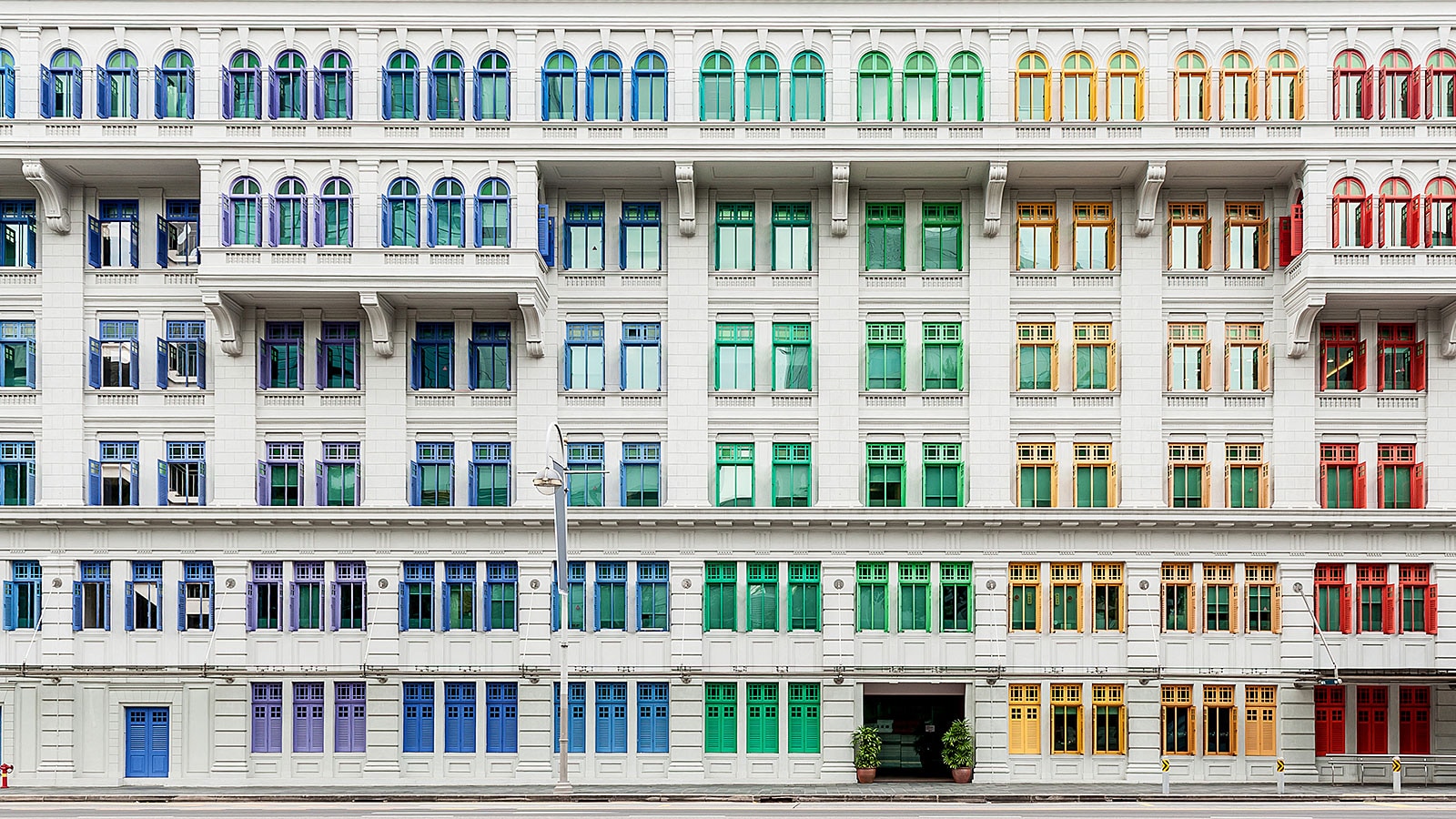Understanding the VAT treatment of immovable property transactions in Malta is crucial for property owners, tenants and professionals. While the general position is that the sale and rent of immovable property are considered to be exempt without credit supplies for Maltese VAT purposes, there are several important exceptions to be aware of.
General rule
The sale and lease of immovable property in Malta are generally exempt from Maltese VAT, meaning no VAT is charged and suppliers cannot recover input tax on expenses directly related to the sale or lease activity. This applies regardless of the property type, or the parties involved. However, there are a few key exceptions to this general rule as described hereafter. If a transaction falls within the parameters of any of these exceptions, then the VAT exemption would no longer apply, and Maltese VAT should become chargeable.
Key exceptions to the general rule
- 1. Licensed accommodation
- 2. Sporting facilities
- 3. Parking areas and certain lettings
- 4. Letting by companies to VAT-registered persons
- 5. Short-term letting
1. Licensed accommodation
The provision of accommodation in premises licensed under the Malta Travel and Tourism Services Act (MTTS), including hotels, guesthouses, holiday camps and camping sites, is subject to VAT at a rate of 7%.
2. Sporting facilities
The letting of sporting facilities, such as gyms, sports halls and swimming pools, is also taxed at 7%.
3. Parking areas and certain lettings
Letting of parking areas, permanently installed equipment and machinery, and the hire of safes are subject to VAT at the standard rate.
4. Letting by companies to VAT-registered persons
If a limited liability company lets property to a person registered for VAT in terms of Article 10 of the Maltese VAT Act, and the property is used for the tenant’s economic activity, Maltese VAT is charged at the standard rate.
5. Short-term letting
Letting property for periods not exceeding 30 days by a taxable person in the course of his economic activity is generally subject to VAT, except for certain types of lettings (such as the letting of residential premises that do not require a license under the MTTS, garages, stores or spaces for artistic and cultural activities).
Input tax recovery
Since the sale or lease of immovable property in most cases are exempt (except in the case where an exception to the general rule applies), suppliers are generally not in a position to recover input tax on expenses directly related to the sale or lease activity. As a result, the VAT that cannot be recovered will be an added cost incurred by the supplier of sale/lease and due consideration of this should be taken prior to entering into property transactions since this may have a bearing on the expected profit margin to be derived from the sale/lease activity.
Local legislation includes provisions for adjusting the extent of input tax that was recovered on "capital goods" at the time of purchase. Subsidiary Legislation 406.12 "Adjustments Relating to Input Tax on Capital Goods Regulations" regulates the method by which input tax on these goods should be adjusted over time in cases where there are changes to the underlying facts and circumstances that were present at the date the input tax was originally recovered. The 'Adjustment Period', of a capital good is specified as:
Broadly speaking, any change in the use of immovable property can give rise to a need to adjust the extent of recovered input tax. For example, if immovable property leased under a supply subject to VAT is later sold, the input tax originally recovered on capital goods related to that property may need to be partially or fully repaid to the authorities.
Conclusion
The VAT treatment of immovable property in Malta involves several complexities. While the general rule states that supplies related to immovable property are VAT exempt, there are notable exceptions to this rule. Each transaction must be reviewed individually to ascertain the correct VAT treatment. Also, any changes in the use of an immovable property may trigger the need to revise the extent of input tax that was originally recovered on capital goods related to that property.
Understanding these rules is essential for anyone involved in property transactions to ensure compliance and manage costs effectively.
Contact us

















